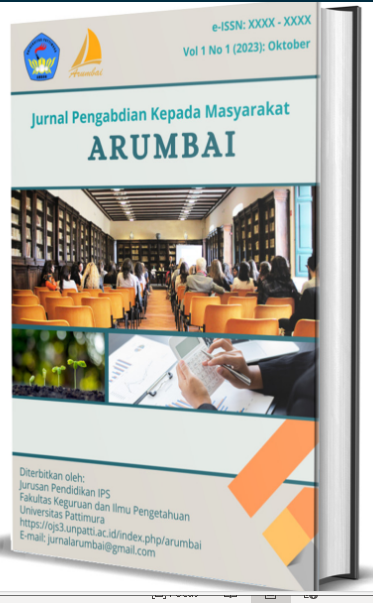Optimization of Coffee Hatchery in Sumber Rejo Village, Rejang Lebong District in Improving Productivity through Participatory Training
Abstract
This community service program aims to improve the quality and quantity of coffee yields in Sumber Rejo Village by optimizing quality seeds. The training was designed with a participatory and hands-on approach to enhance farmers' skills in seed propagation techniques, seeding, and pest identification. Based on pre-test and post-test evaluations, there was a significant increase in farmers' understanding, especially in seeding techniques (73.33%) and pest identification (60.42%), with an average increase of 55% across all aspects assessed. The program integrates interactive learning methods and continuous field mentoring for three months post-training, ensuring the adoption of the technologies taught. Results show that increased productivity and quality of coffee plants positively impact farmers' income. In addition, establishing autonomous farmer groups serves as local knowledge hubs, supporting the sustainability of adopting better agricultural practices. The success of this program can be replicated in other areas with similar challenges, especially in improving food security and rural economic welfare. With a holistic approach, the program is expected to become a sustainable model of farmer empowerment that is adaptive to climate change and market fluctuations.
Downloads
Copyright (c) 2024 Author

This work is licensed under a Creative Commons Attribution 4.0 International License.


